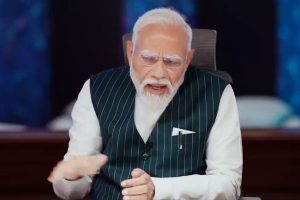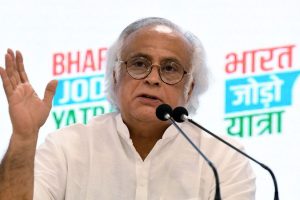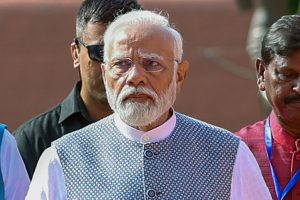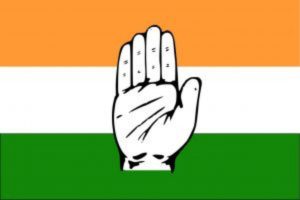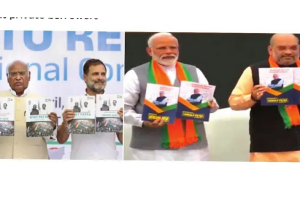UPSC Prelims is the first stage of highly competitive and elite Civil Services Exam. For the past few years there has been a focus on current affairs in place of static part and on factual questions in place of conceptual questions.
Although that trend still follows, there was lesser number of questions from the current affairs section this year. Also, the number of factual was lesser and more focus on conceptual and applied questions.
The questions were asked not only to test the ability to retain information across various dimension but also common sense understanding. As always UPSC managed to throw its usual gamut of surprises.
Those students were most surprised who were expecting that the paper will be on similar lines like last year. The paper may have seemed easy at first because there were many easy questions scattered here and there especially in polity, but it was not so.
Options were close and some very specific questions were asked. There were a few tricky questions which combined factual with conceptual and were the most difficult to solve.
Prelims become very dicey because of these facts. Clearing the UPSC CSE Pre requires not only extensive reading, but also an eye for detail. History was more on the usual lines.
There were six questions from modern and six from ancient history and art & culture. In comparison the ancient portion was not so difficult in general since they were mostly factual. However, art and culture was covered largely which has always been very diverse.
Around 22 questions were asked from polity. Some of the questions which were conceptual were not that difficult if one understands the basics of polity well. So here the NCERTs become important to understand the basic philosophy of the Indian Polity and Constitutional Structure.
For anyone to have a decent chance at clearing this year's prelims, this was the section to bank upon. In geography, around 70 per cent of the questions revolve around maps.
Hence, it is pretty easy for anyone who is well-cognisant with the world and India map. However, some of these questions are tricky and can fool aspirants if not thought out properly. The other miniscule questions from this section were from predictable and traditional geography topics like monsoon and irrigation in agriculture. The questions on economy were mostly factual and related to current affairs.
In all there were around seven to eight questions from this section. Also, the weightage has not changed from last year. Economics questions were not easy. Unlike previous questions, this year's questions were not conceptual but factual too. As expected, UPSC asked current affairs of 2012-2016 in economics.
There were only four questions from general science and they were application based.
The questions from tech were mostly current affairs based and overlapped with environment and biodiversity. Overall this section has lost its favour with UPSC and we believe that there is no need to prepare for general science separately anymore.
For technology, thorough grip on current affairs would save the day. The focus on environment is still there with 15 questions in total. Most of them revolved around current affairs especially those which have potential public health and environmental impact.
Government schemes, laws and policies have become a section in themselves, carrying at least 14 questions. If you combine CA questions this no goes up to 27.
But this paper was a lot more balanced than last year in which CA dominated the whole paper. With this focus on such schemes, this becomes an important source of preparation. Based on analysis and the fact that the paper was significantly tougher than last year we believe that the cut off would be around 110+/-5 marks for the general category.
While having a general idea about cut off is good, there is no point in engaging in endless speculation for days on end. Also, there is hardly any time to waste and after taking a day or two off you should immediately start preparing for Mains.
The writer is head, upsc community, gradeup.




